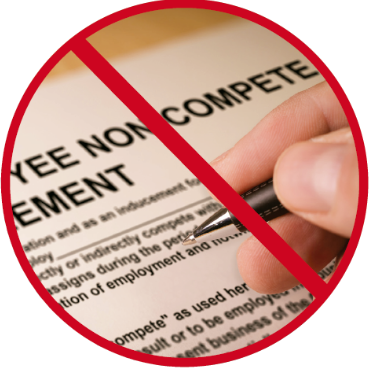
The Federal Trade Commission (FTC) is set to vote on adopting a comprehensive ban on non-compete agreements, which restrict workers from changing jobs within their industry. This move follows President Biden’s encouragement to limit such agreements, affecting about 20% of Americans.
Legal Battle Anticipated
The Chamber of Commerce plans to challenge the ban in court immediately after its announcement. This legal confrontation comes after three years of debate and amidst concerns from both labor unions and business groups.
Background and Proposal
The FTC initially proposed the ban in January 2023, citing concerns that non-compete clauses hinder labor mobility and competition. The final rule, similar to the earlier proposal, is expected to prohibit most non-compete agreements.
Partisan Divide
The FTC’s vote is anticipated to split along party lines, with Democrats in favor and Republicans opposed. This will be the first public meeting since the confirmation of two new Republican commissioners.
Chamber of Commerce’s Opposition
The Chamber of Commerce argues that the FTC lacks the authority to enact such a rule and warns of potential overreach, suggesting that Congress has not granted the FTC the power to regulate competition.
Want to stay ahead of the competition? Here’s what you need to do.
FTC’s Stance
FTC Chair Lina Khan and Democrats assert that the agency does possess the authority to define unfair competition practices. This move echoes historical precedents, such as the Men and Boy’s Tailored Clothing Rule from 1968.
The outcome of the vote and subsequent legal challenges could significantly impact the landscape of employment agreements in the United States.
